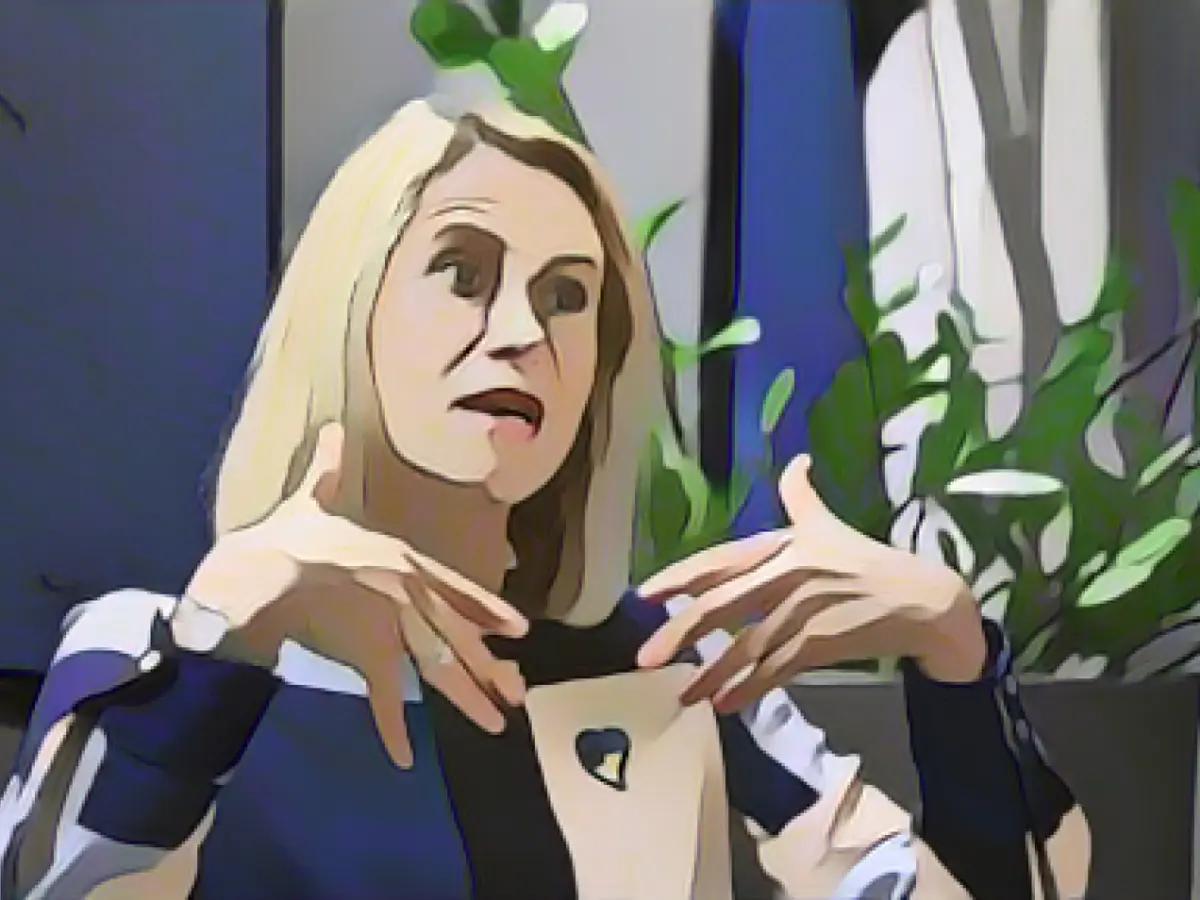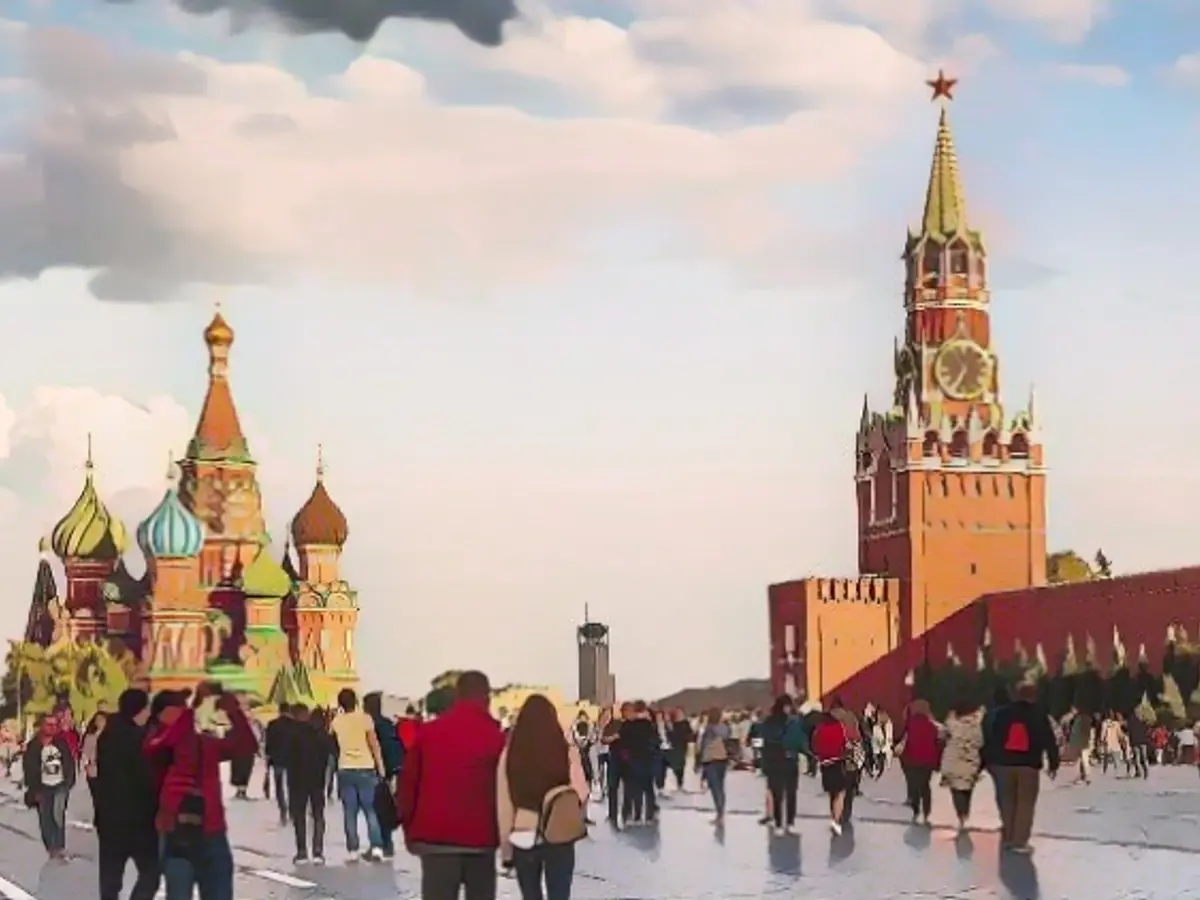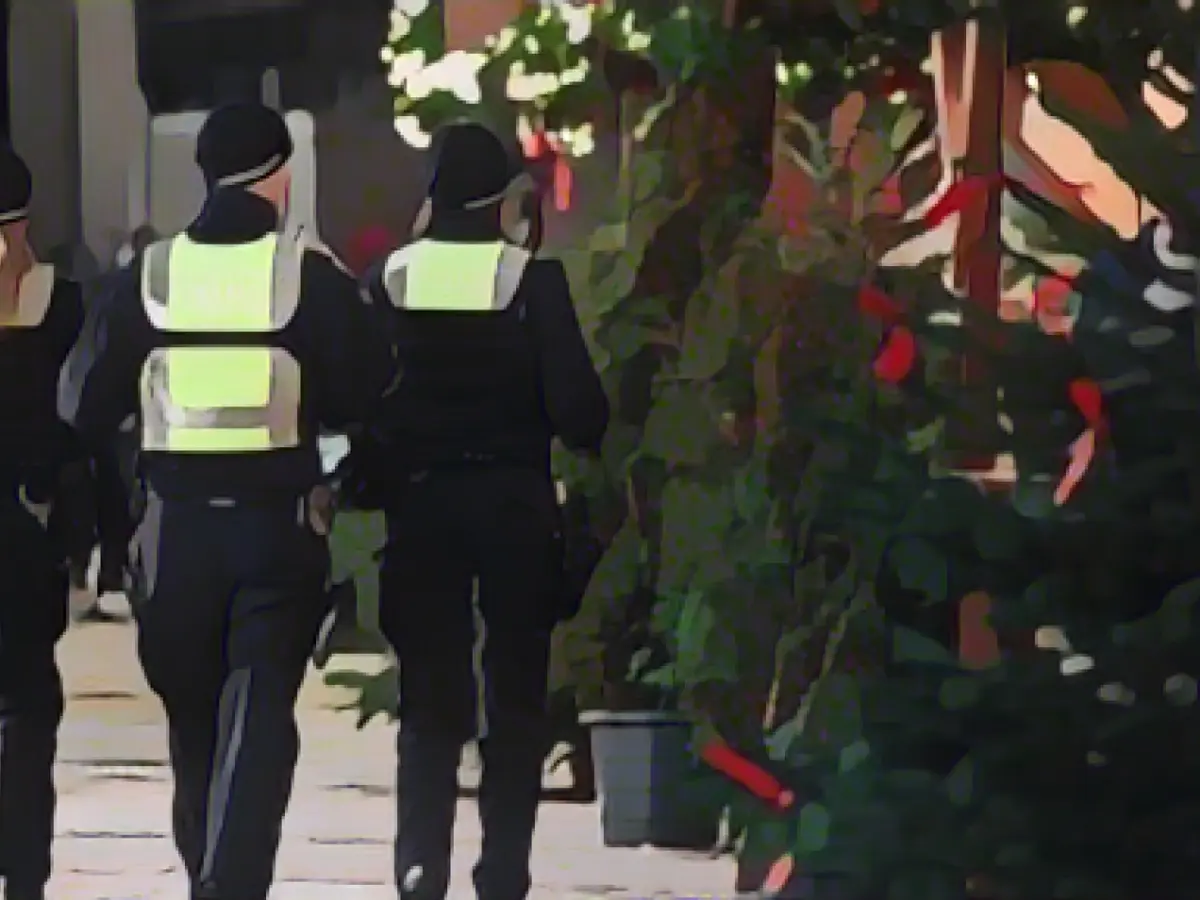At the yearly EU leaders' meeting before Christmas, the primary topic is offering financial aid to Ukraine, which is under attack by Russia. Talks revolve around a 50 billion euro investment spread over four years. Additionally, the EU will discuss starting accession negotiations with Ukraine and neighboring Moldova. However, Hungarian Prime Minister Viktor Orban has threatened to veto the resolutions, advocating for a "strategic dialog" on Europe's support for Kiev.
Estonian Prime Minister Kaja Kallas anticipates a challenging summit, citing numerous unresolved issues, mainly the approval of 50 billion euros for Ukraine. She also mentioned this would be an important "message" to the US, as Republicans currently hinder additional military aid for Ukraine, as requested by President Joe Biden. If the EU opts for new aid for Ukraine, Kallas speculates the US might eventually follow suit.
Concerning Russia's influence, Kallas voiced worry, expressing fear due to Russia's actions towards Ukraine. Hungary's stance against the proposed EU financial aid for Ukraine highlights complexity within the EU. Prime Minister Orban strongly opposes the EU's plans to provide an additional €20 billion ($21 billion) to support Ukraine. Orban believes this aid aims to strengthen Kyiv's position in negotiations instead of pursuing peace.
The EU's stance involves renewing sanctions against Russia and Belarus despite Hungary's objections and exploring creating a new fund to finance military assistance for Ukraine, partially sourced from frozen Russian assets and supplemented by member states' voluntary contributions. The US's role in this situation is crucial, as potential reductions in US aid could impact the EU's financial commitments and prompt the bloc to reevaluate its financial strategies.
The EU faces the strategic dilemma of maintaining unity while addressing member states' concerns, such as Hungary's. Debates about Ukraine's potential EU membership add another layer of complexity, as some members view this as a priority, while others question the implications of integrating a war-torn country with significant financial needs.
In conclusion, the current political climate is marked by Hungary's opposition to EU financial aid for Ukraine and resistance to extending sanctions against Russia. This opposition poses challenges for the EU, particularly regarding the potential US disengagement. The EU summit's outcome depends on its ability to balance support for Ukraine and address concerns from member states like Hungary, while evaluating the implications of the US's level of support for Ukraine.







